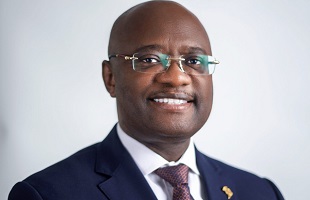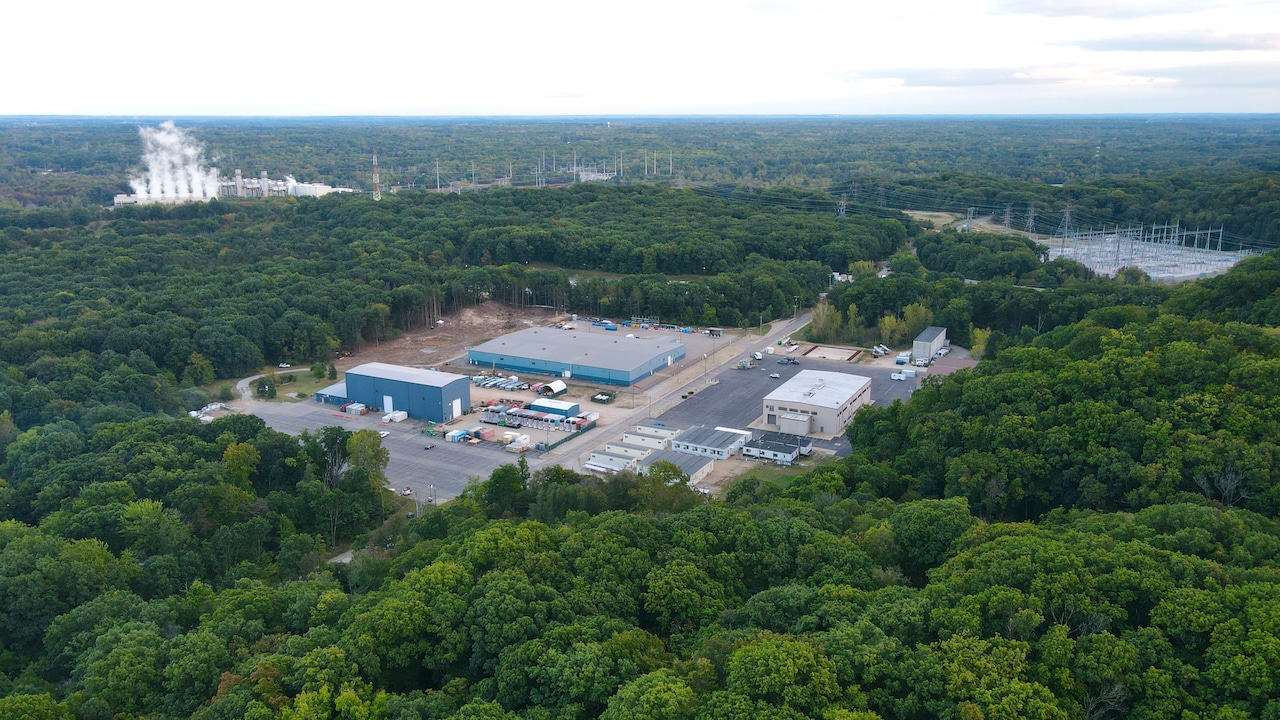Copyright independent

He pledges to deepen Africa’s trade transformation Kampala, Uganda | THE INDEPENDENT | Dr. George Elombi has officially taken over as president and chairman of the African Export–Import Bank (Afreximbank), vowing to expand the lender’s role in financing Africa’s industrialisation, trade integration, and value addition to natural resources. Elombi succeeds Professor Benedict Oramah, who served as president for nearly a decade and is credited with steering Afreximbank through some of the continent’s toughest economic periods, including the COVID-19 pandemic, foreign exchange shortages, and global supply chain disruptions. The handover ceremony, held on Saturday at the Cairo International Conference Center, marked the bank’s fourth leadership transition in its 31-year history. More than 2,000 guests, including African heads of state, finance ministers, central bank governors, and business leaders, attended the event. Nigeria’s finance minister Wale Edun administered the oath of office on behalf of the board of directors. In his inaugural address, Elombi outlined a bold agenda focused on “transforming the structure of African trade”, which he said remains dominated by exports of raw materials and imports of finished goods. “To change that structure, we must process. We must produce. Unless we produce, we cannot trade,” he told delegates. New Focus on strategic minerals and value addition A cornerstone of Elombi’s presidency will be the establishment of a Strategic Minerals Development Programme, which aims to finance projects across the entire minerals value chain—from exploration and extraction to refining and manufacturing. He said the initiative is designed to ensure that Africa captures more value from its vast mineral wealth, creating jobs and expanding domestic industries rather than exporting raw commodities. “Afreximbank will provide a dedicated financing window for value-added projects that turn minerals into industrial products,” he said. “We must ensure that Africa’s natural wealth translates into sustainable prosperity for its people.” The move aligns with a growing push among African governments to leverage critical minerals—such as lithium, cobalt, and copper—for local manufacturing, particularly in the electric vehicle and renewable energy sectors. Elombi reaffirmed Afreximbank’s commitment to driving intra-African trade, a key pillar of the African Continental Free Trade Area (AfCFTA). The bank will continue financing cross-border infrastructure, industrial parks, and logistics networks to facilitate the free movement of goods and services across the continent. He also pledged to strengthen the Pan-African Payment and Settlement System (PAPSS), developed by Afreximbank to enable cross-border payments in local currencies. The platform is already operational in several African countries, reducing reliance on costly correspondent banking channels outside the continent. Elombi said Afreximbank will pursue digital innovation as a catalyst for trade expansion, hinting at future plans to explore a Pan-African digital currency to ease cross-border transactions. “Digital technology is a game-changer. We must harness it to drive inclusion, transparency, and speed in trade finance,” he said. At the same time, he underscored the importance of maintaining the bank’s strong balance sheet and credit standing. “Only a well-capitalised and resilient institution can deliver the scale of interventions Africa needs,” he said. Afreximbank’s total assets now exceed $33 billion, while shareholder funds stand above $6 billion, supported by consistent profitability and investment- grade ratings from leading agencies. Defending Africa’s financial autonomy Elombi also addressed what he termed a “hostile narrative” against African-owned financial institutions. “Our institutions are sometimes criticised not because they fail, but because they succeed,” he said, adding that Afreximbank’s preferred creditor status—which ensures repayment priority—is enshrined in its founding treaty signed by member states. He said defending Africa’s financial autonomy and credibility remains a central objective, as the continent seeks to reduce dependence on external development finance institutions. Speakers at the event included Hassan Abdalla, governor of the Central Bank of Egypt; Louis- Paul Motazé, Cameroon’s finance minister; Aliko Dangote, founder of Dangote Group; and Selma Malika Haddadi, deputy chairperson of the African Union Commission. They praised Afreximbank for its leadership in stabilising economies during crises and funding key trade- enabling infrastructure. Founded in 1993 and headquartered in Cairo, Afreximbank has become one of Africa’s most influential multilateral lenders, with operations in over 50 countries. It plays a central role in implementing the AfCFTA through financing trade facilitation programmes, industrialisation, and innovation-led growth. Elombi, who previously served as the bank’s Executive Vice President for Governance, Legal and Corporate Services, said his leadership would focus on continuity, stability, and transformation. “Our journey is far from complete,” he said. “But with partnership, innovation, and resolve, Africa can finally take control of its trade destiny.”



